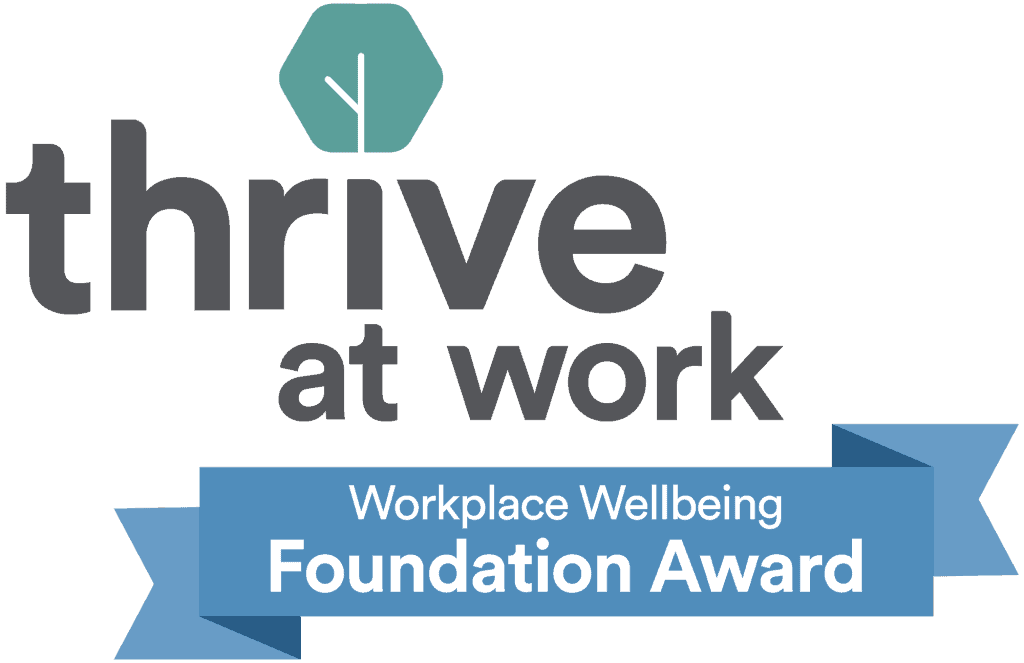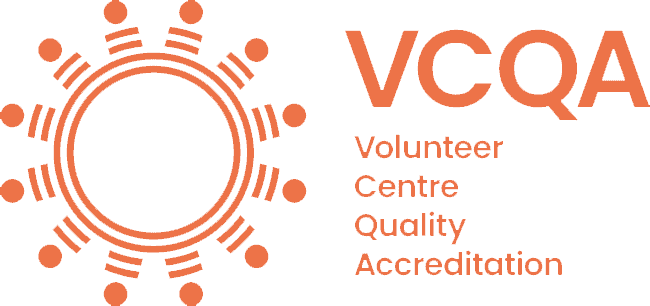The NHS and Public Health in Staffordshire and Stoke-on-Trent is contacting key members of the community to ask for support to help spread the message about the importance of MMR vaccination.
Cases of measles are rising across England, including among children. It’s an infection that spreads very easily, especially in nurseries and schools if children are not vaccinated. It can be a very unpleasant illness. In some children measles can be very serious, leading to hospitalisation and in rare cases tragically can cause death.
Getting vaccinated is the best protection against becoming seriously unwell and helps prevent measles spreading in the community.
The measles, mumps and rubella (MMR) vaccine is one of the routine childhood vaccinations, so most children are already vaccinated against measles. If your child has received both doses of the vaccine, they are unlikely to have the virus.
We are calling on all parents and guardians to make sure their children are up to date with their 2 MMR doses, which are free on the NHS. Parents can check if their child is up to date with their MMR vaccines by checking their child’s Red Book, or by contacting their GP practice.
In the UK we have two types of MMR vaccine – one does not contain any pork ingredients. You can request the vaccine with no pork products from your GP. Parents can also make this request for children. Some GP practices may need to order this vaccine in specially so it will be helpful to tell them your views before the appointment.
Symptoms of measles include:
- a high fever
- cough
- runny nose
- red, sore, watery eyes
- rash (appears on the head and behind the ears a few days after the cold-like symptoms before spreading across the body)
- small white spots inside the cheeks and on the lips
The measles rash usually appears a few days after the cold-like symptoms. The spots are sometimes raised and join together to form blotchy patches. They’re not usually itchy. The rash looks brown or red on white skin. It may be harder to see on brown and black skin.
Measles is a highly infectious viral illness and spreads easily. Anyone with symptoms is advised phone their GP or NHS 111 for advice. Measles usually starts to get better in about a week but if you do need to visit the GP practice or A&E please contact them in advance so NHS staff can help you without putting vulnerable staff or patients at risk.
If you need any materials or messages in a different language or format, please let us know. Thank you for your support in helping us protect the community against measles.





